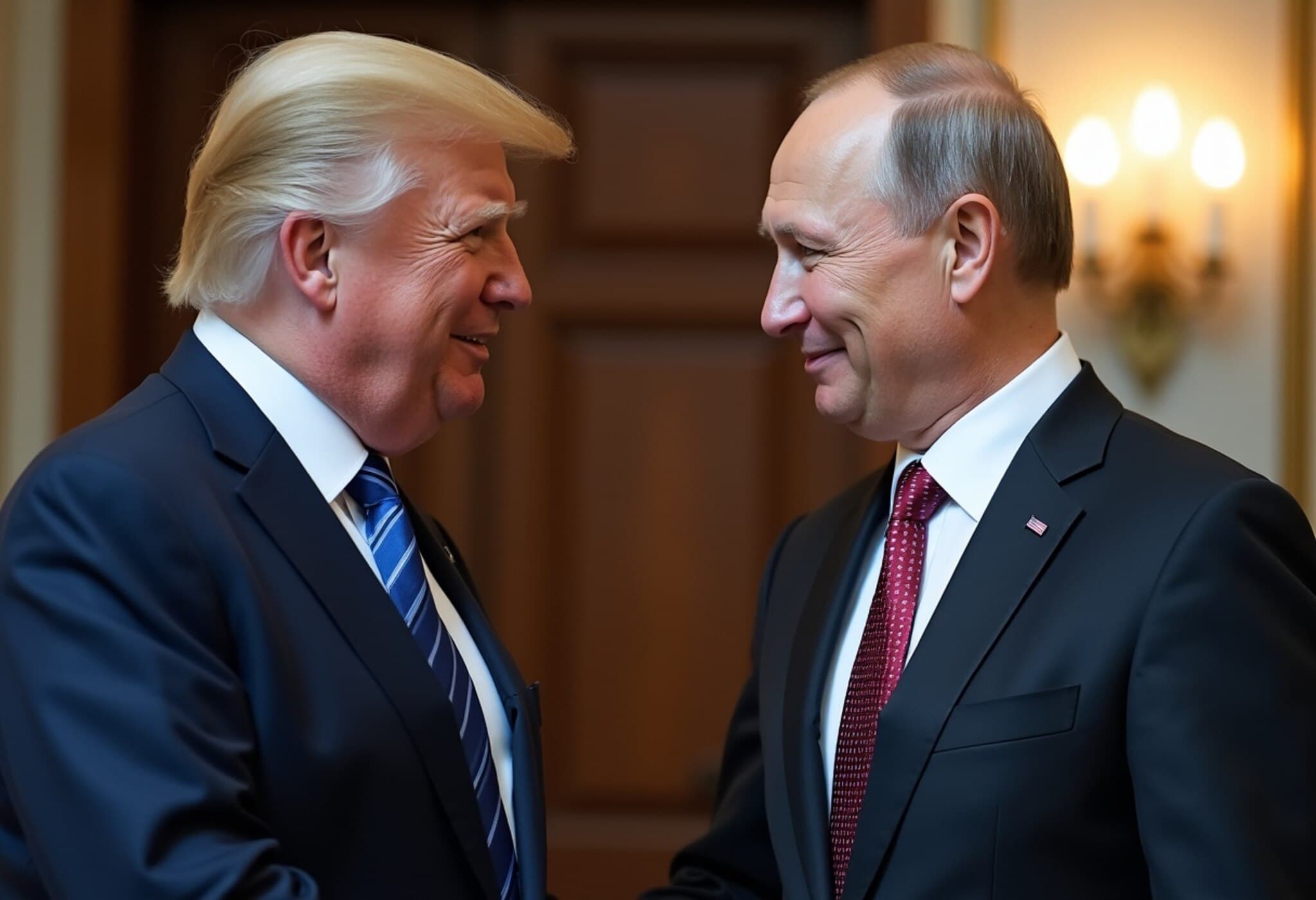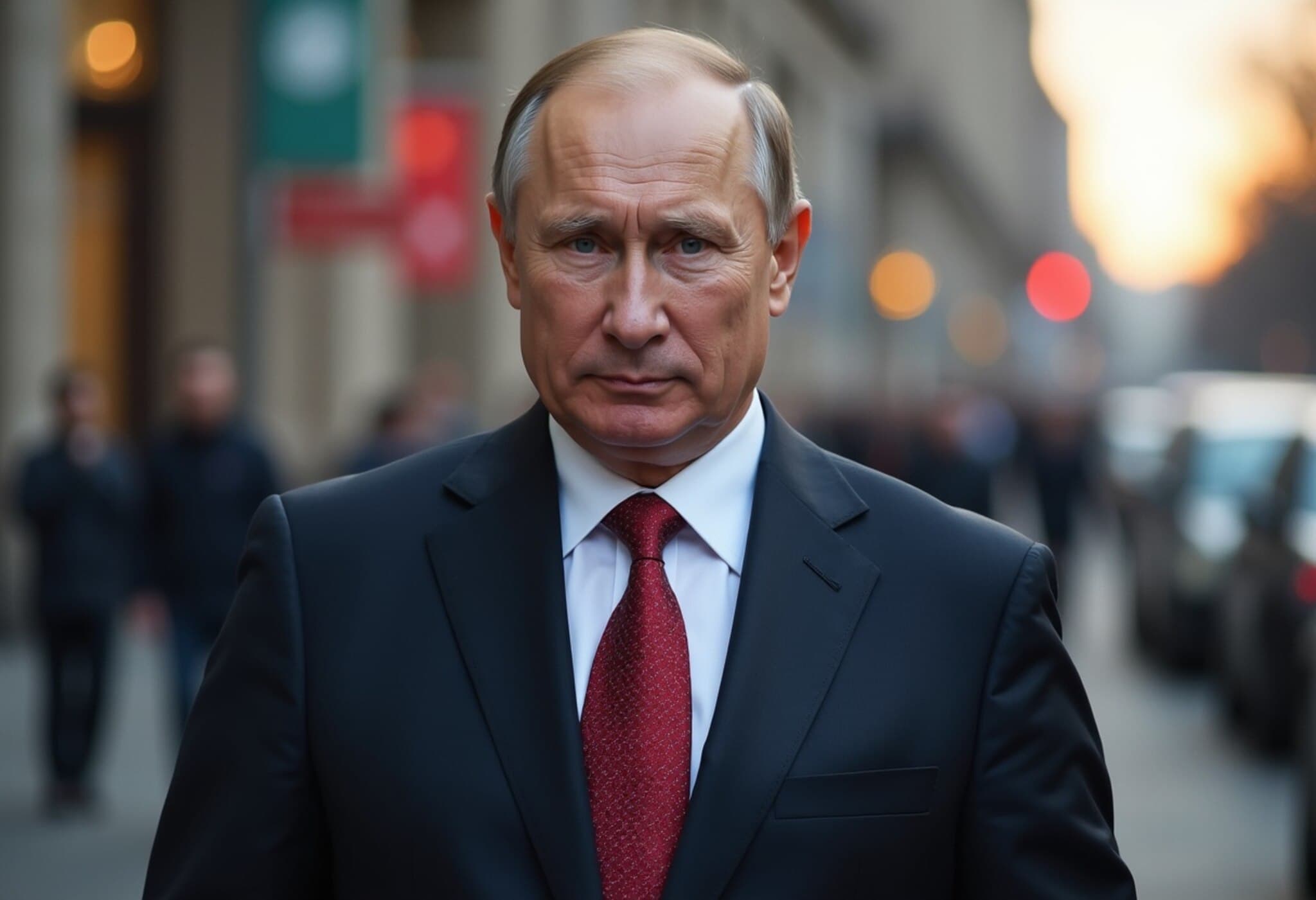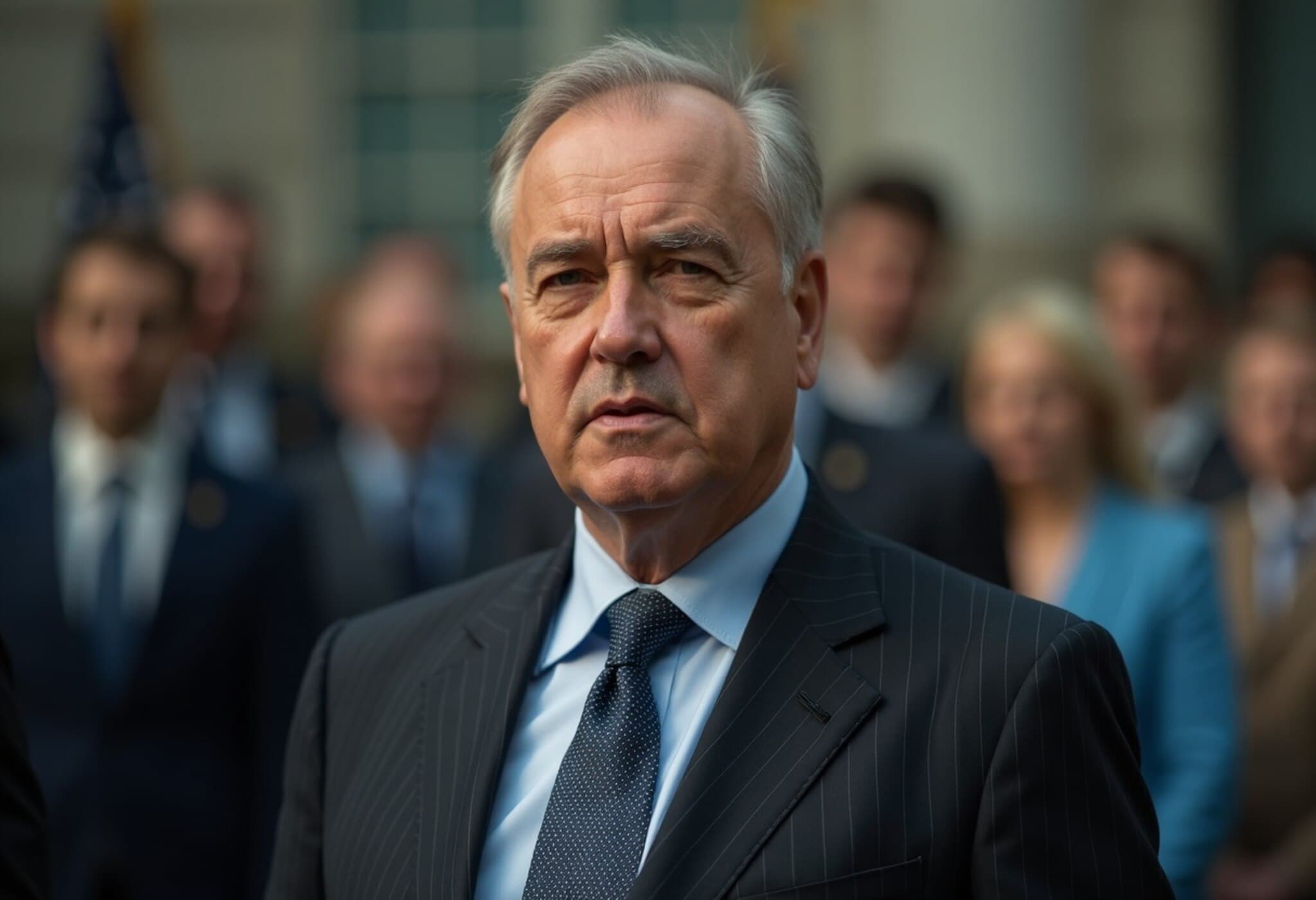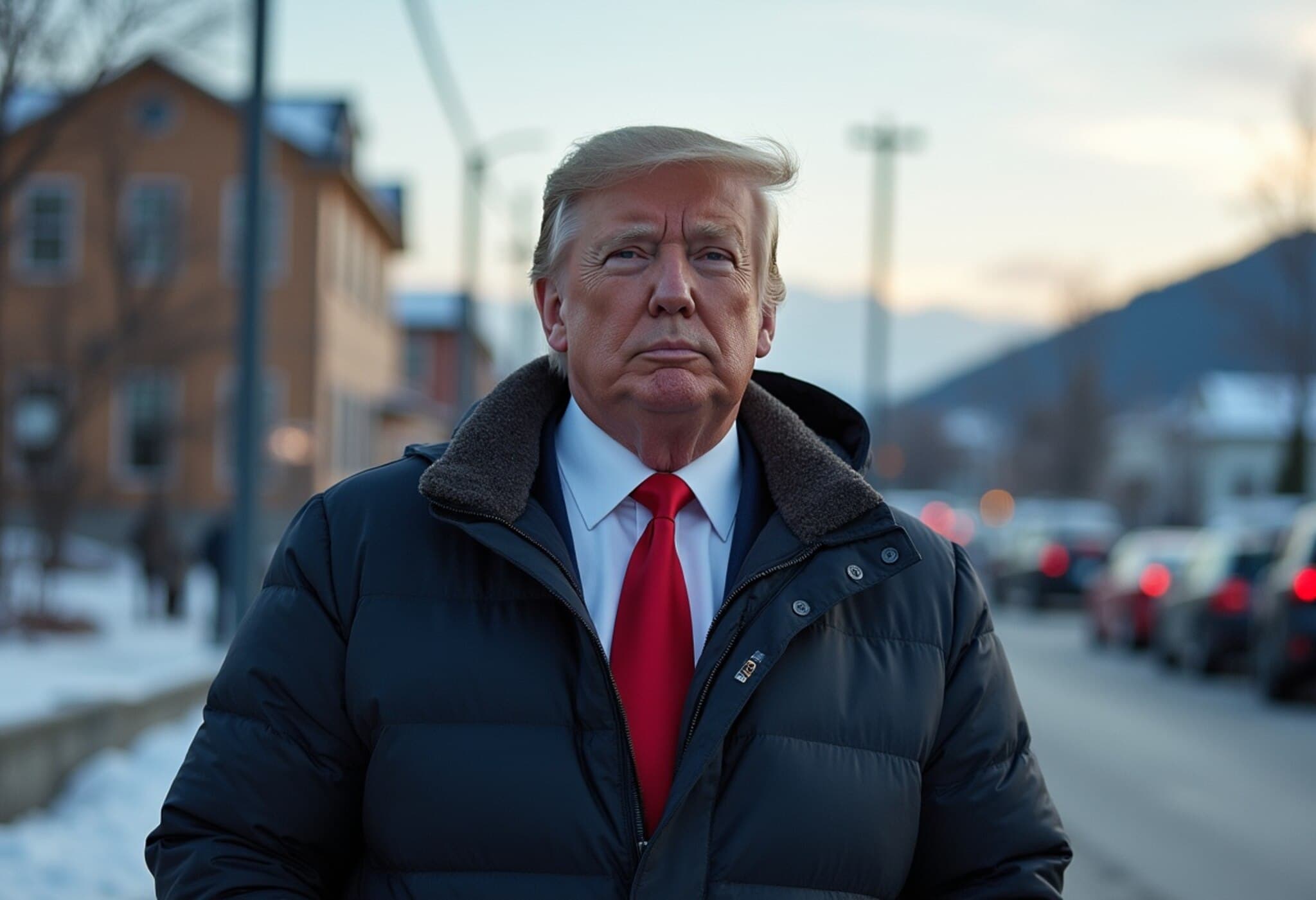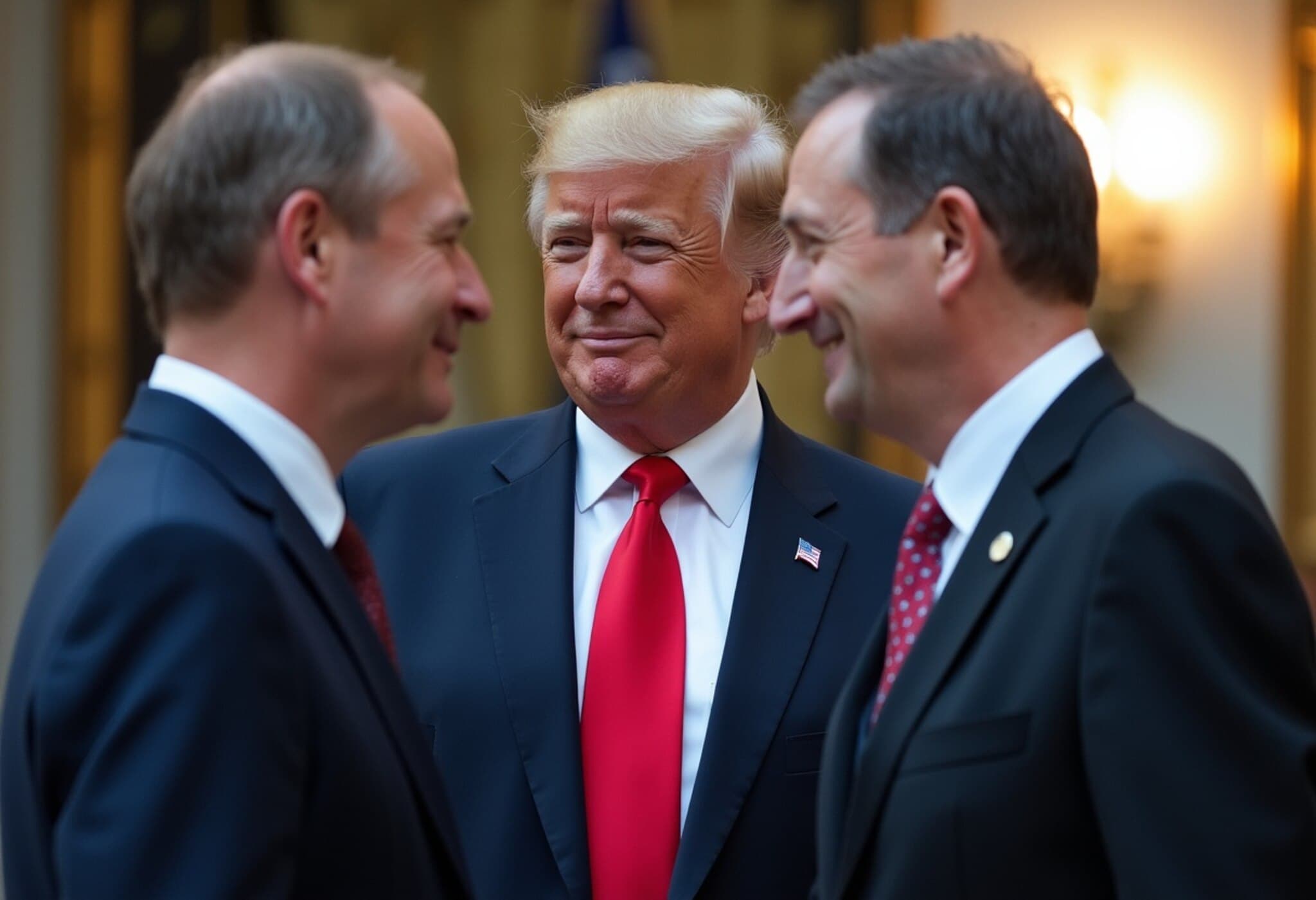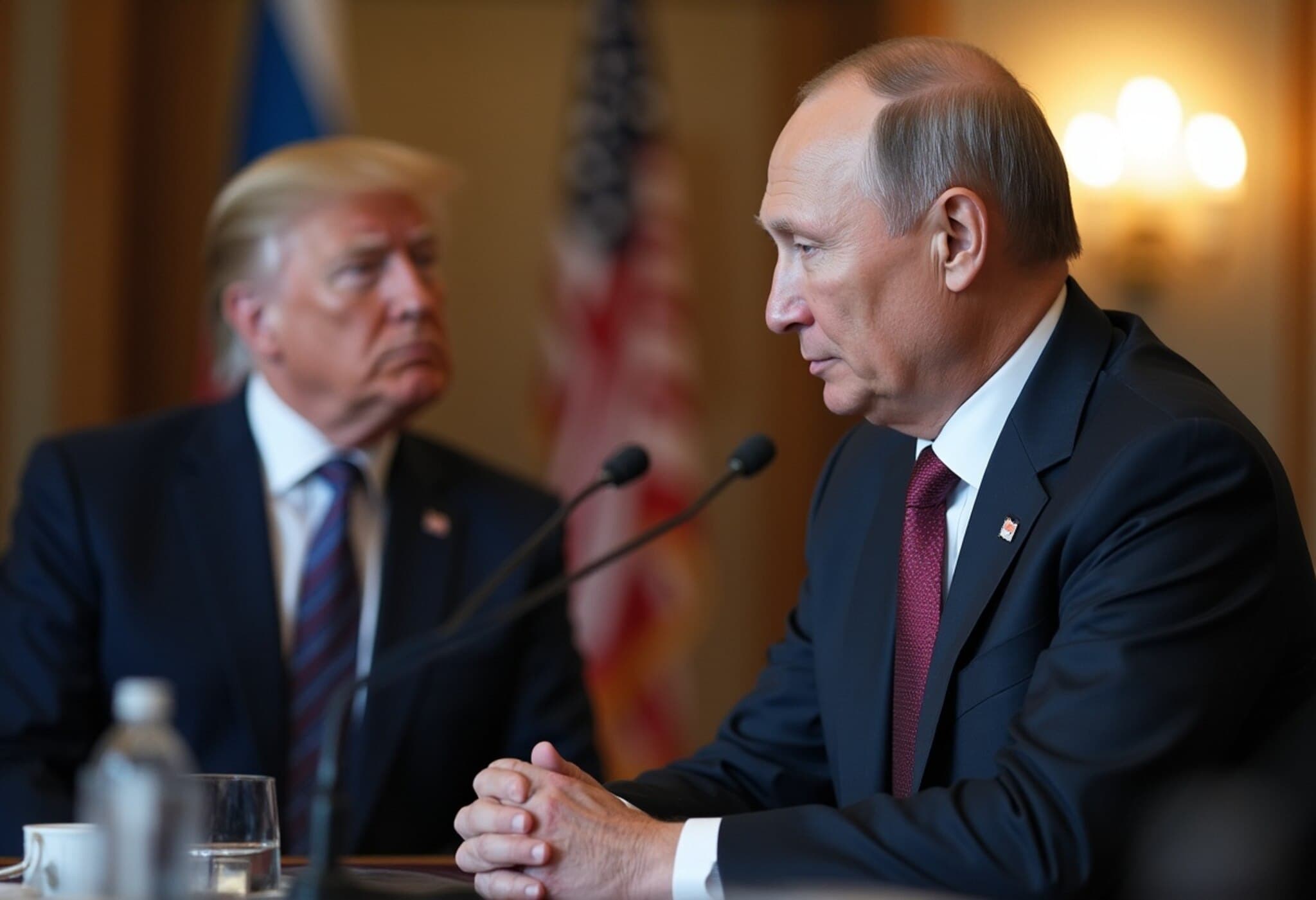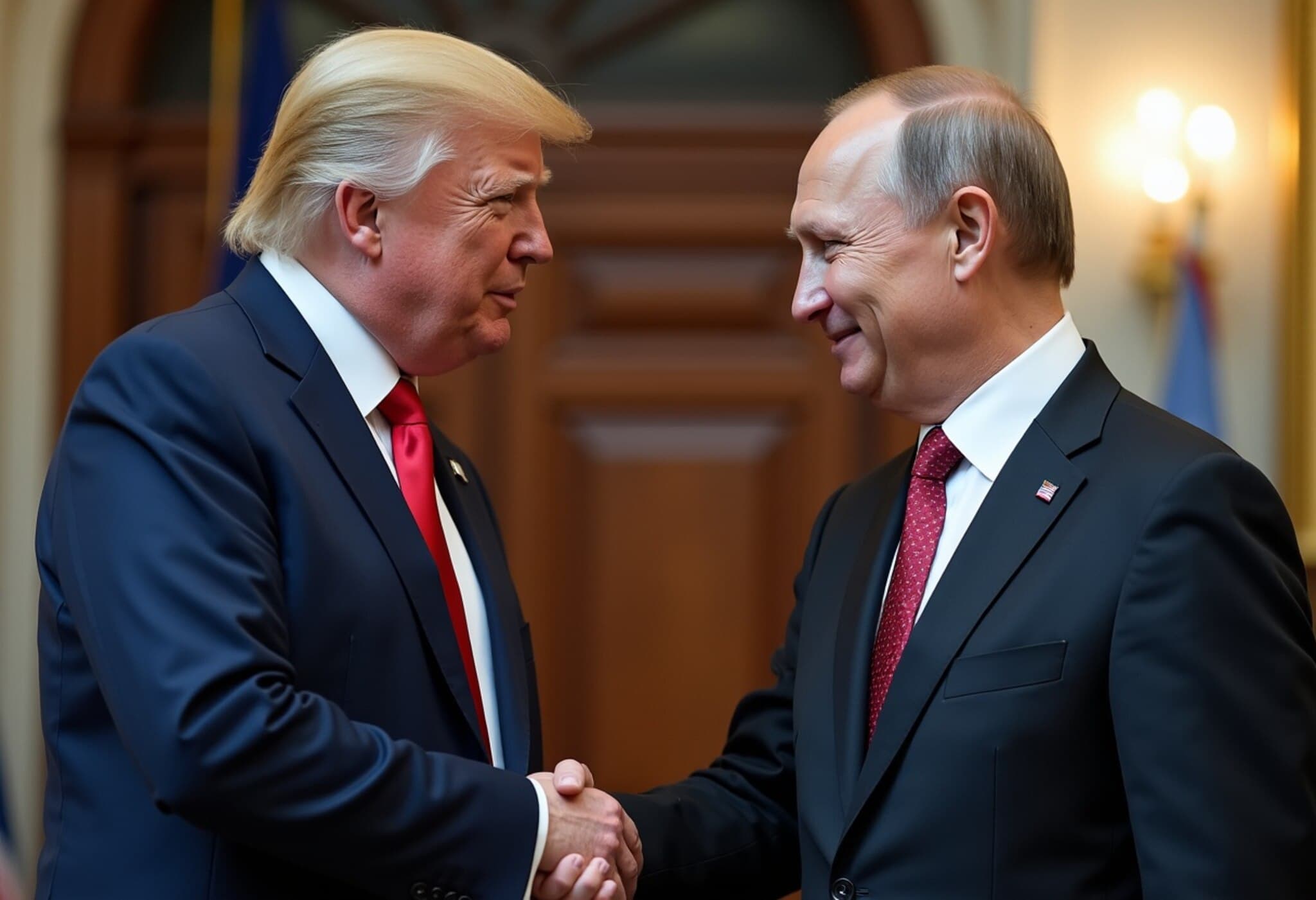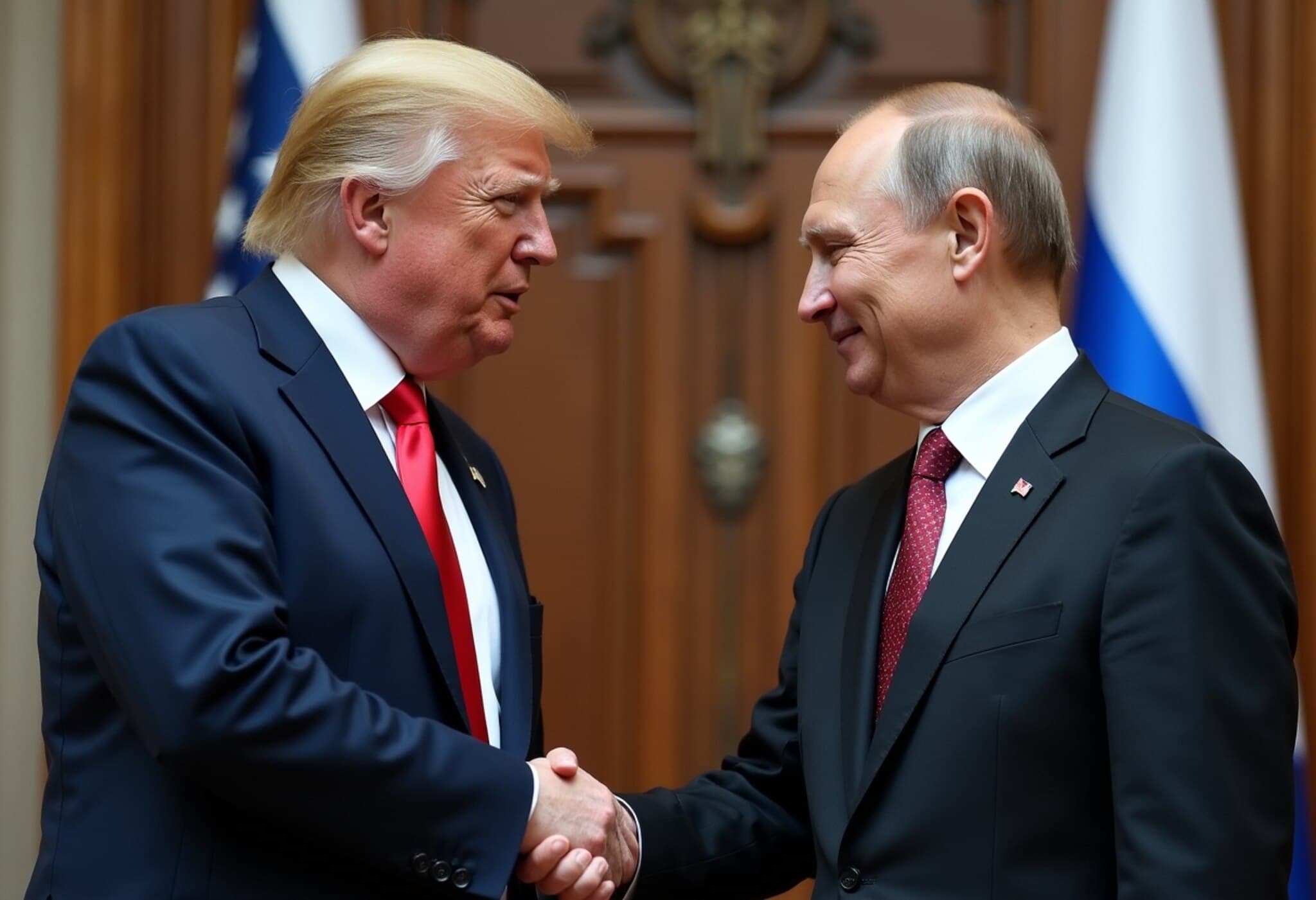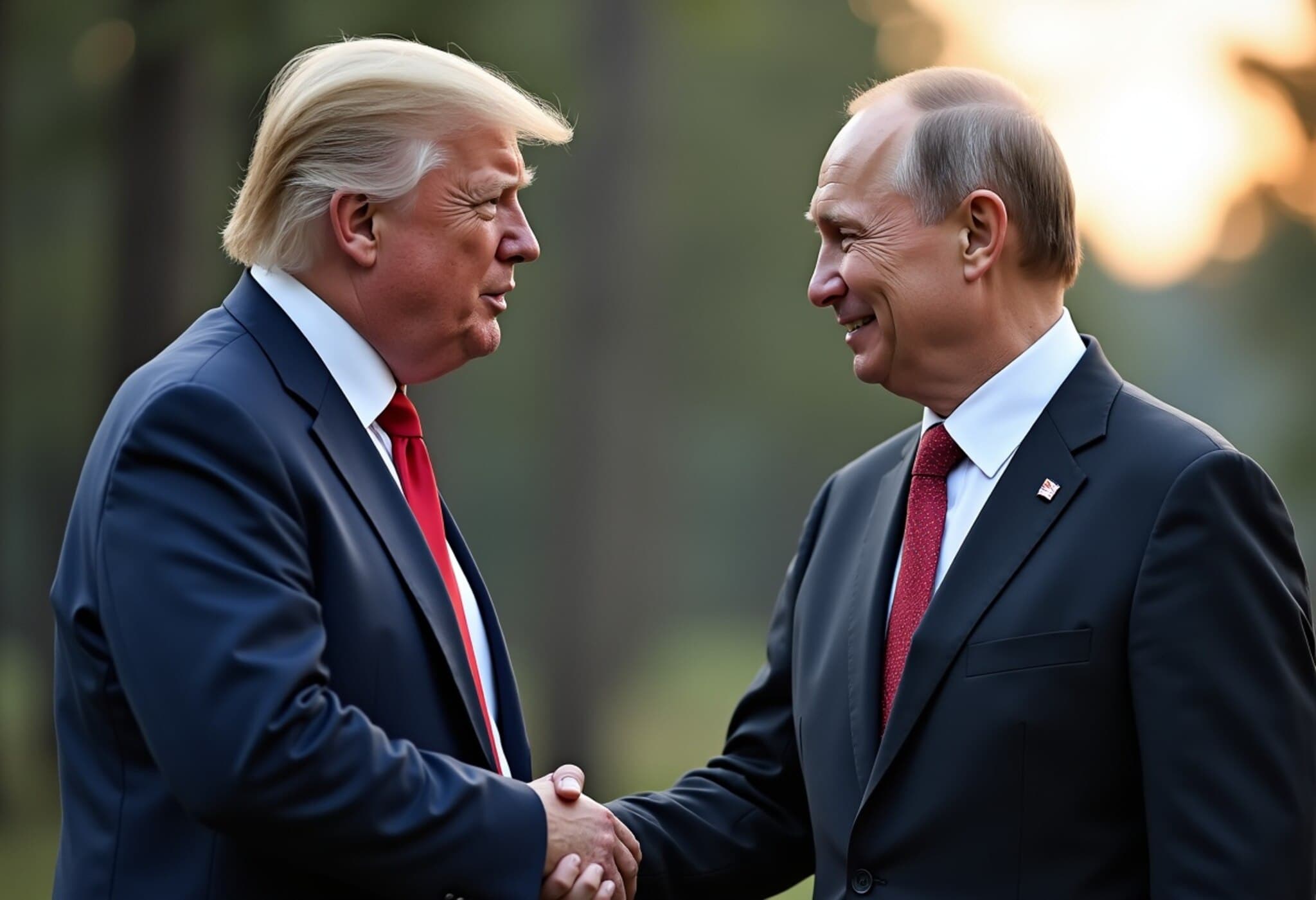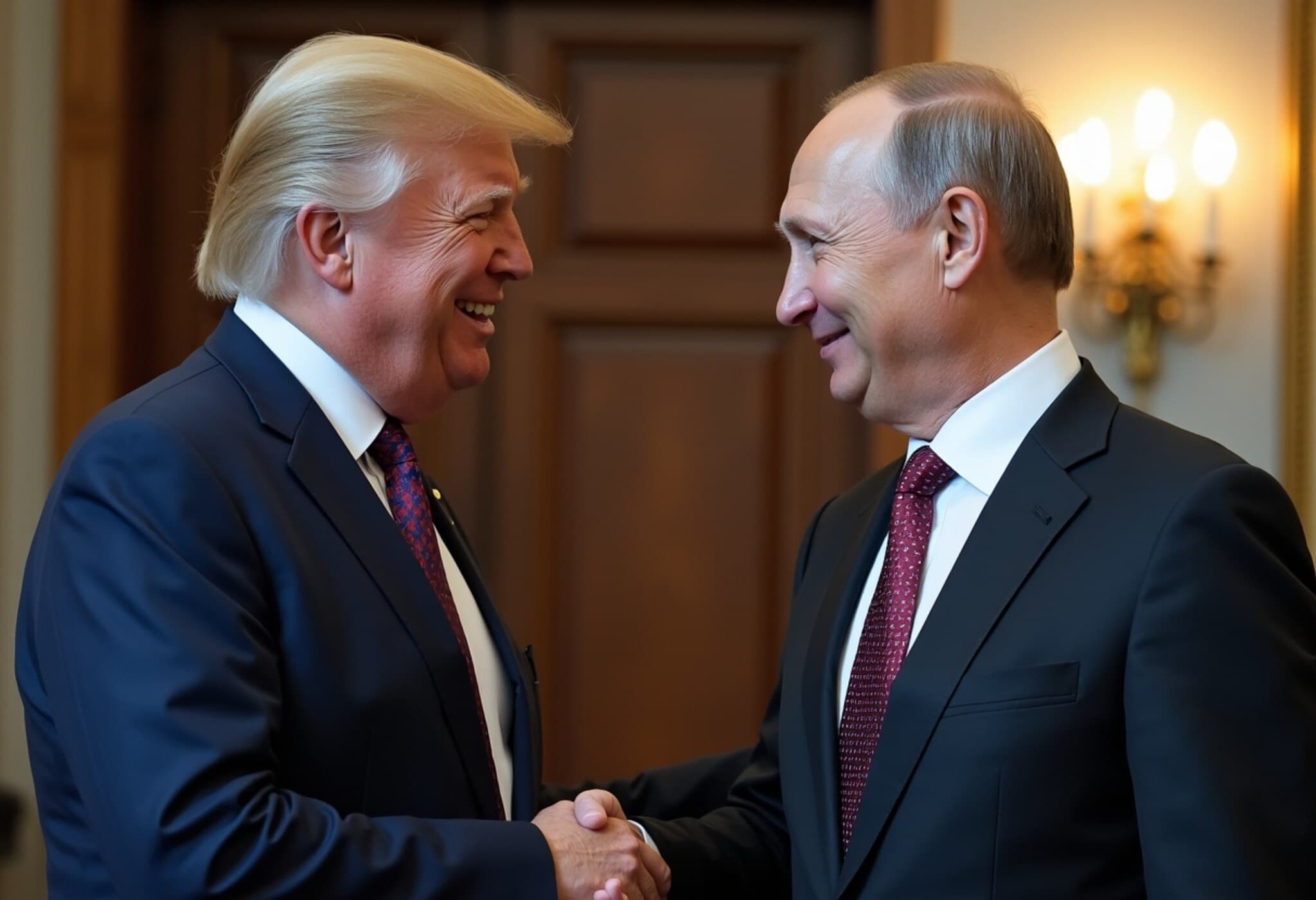Trump Signals Readiness to Meet Putin Without Preconditions
In a surprising development, former US President Donald Trump expressed willingness to meet Russian President Vladimir Putin even if Putin refuses to first engage in talks with Ukrainian President Volodymyr Zelenskyy. Speaking candidly from the Oval Office on August 8, 2025, Trump dismissed earlier reports that such a summit was conditional on a prior Putin-Zelenskyy dialogue. “No, he doesn’t,” Trump said when asked if Putin must meet Zelenskyy first, adding, "They would like to meet with me and I’ll do whatever I can to stop the killing."
Diplomatic Nuances and the Quest for a Summit
Earlier White House sources indicated that the meeting between Trump and Putin might not materialize without first seeing progress between Putin and Zelenskyy, but then adjusted to note this prerequisite would merely reduce the chances. The prospective summit could become the first meeting between an American and Russian leader since President Joe Biden met Putin in Geneva in 2021.
President Putin himself reportedly expressed hope for a meeting with Trump as early as next week, possibly in the United Arab Emirates, although officials say logistics remain fluid. Kremlin aide Yuri Ushakov suggested discussions remain focused on bilateral engagement with Trump, explicitly downplaying the concept of a trilateral summit including Ukraine.
Ukraine and Europe Voice Concerns Over Exclusion
Kyiv has persistently warned against any peace talks that sideline Ukraine, emphasizing the country's sovereign role in negotiating its own future. Ukrainian President Zelenskyy meanwhile has been strengthening European alliances, speaking this week with German Chancellor Friedrich Merz and French President Emmanuel Macron to ensure a coherent "common European vision" toward security and peace efforts.
In a social media post, Zelenskyy stressed that Ukraine remains open to courageous negotiations but demands a ceasefire and lasting security guarantees, stating, “Ukraine is not afraid of meetings and expects the same bold approach from the Russian side. It is time to end the war.”
European governments continue pledging steadfast support to Ukraine, wary that Moscow’s push for a summit of “great powers” risks sidelining the broader international community and the very victims of conflict.
The Human Cost and the Challenge Ahead
The shadow of this war looms large: tens of thousands of soldiers and at least 12,000 Ukrainian civilians have lost their lives, according to United Nations estimates. Western officials have accused Moscow of using peace talks as a stalling tactic while reinforcing territorial controls, with no major concessions offered by Putin so far.
Public sentiment in Ukraine itself has shifted dramatically; a recent Gallup poll reveals about 70% of Ukrainians now favor a negotiated settlement, a stark reversal from the prior year's majority desire to fight to victory. This mood shift reflects the brutal toll the conflict has exacted on ordinary citizens.
Expert Commentary: What Lies Beneath This Diplomatic Dance?
From a policy perspective, Trump's openness to meet Putin outside traditional diplomatic conditions signals a provocative reset in the approach to the Russia-Ukraine crisis. While well-intended, bypassing Ukraine in meaningful peace negotiations risks alienating Kyiv and its Western allies, undermining the principle that no peace can be sustainable without the consent of those directly involved.
Moreover, the potential summit location—possibly the UAE—highlights the growing role of Middle Eastern nations as neutral grounds in geopolitical conflicts, a trend reflecting shifting global alliances.
For American foreign policy, this move demands careful balancing between pursuing peace and honoring commitments to allies. The pressure mounts on any future administration to coordinate closely with European partners and ensure that diplomacy does not become a charade that perpetuates suffering.
Conclusion: The Stakes Remain High
This unfolding story underscores the complex interplay between power, diplomacy, and humanity. A summit with Putin could either mark a breakthrough or an illusion of progress. Amid geopolitical maneuvering, the voices of Ukrainians longing for peace and security must remain central.
Editor's Note
The prospect of a US-Russia summit without Ukraine's direct involvement raises pressing questions about the future architecture of European security and the role of great powers in shaping peace. How can peace efforts avoid sidelining the very people most affected? As diplomatic chess pieces move, the human cost of inaction grows ever more urgent.

